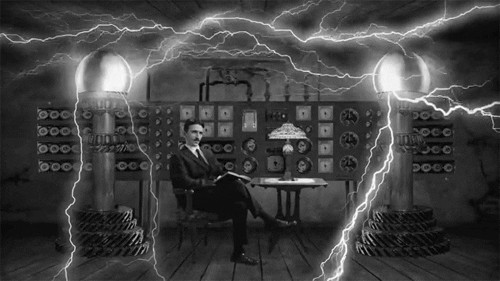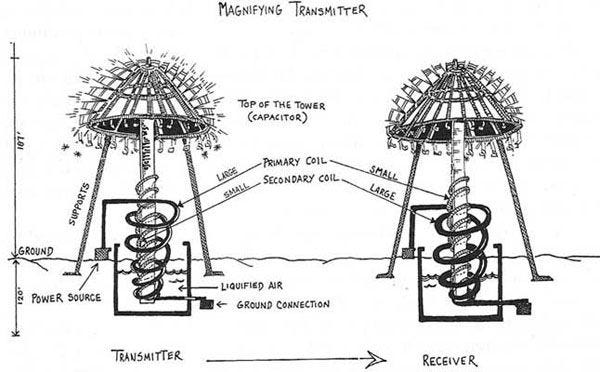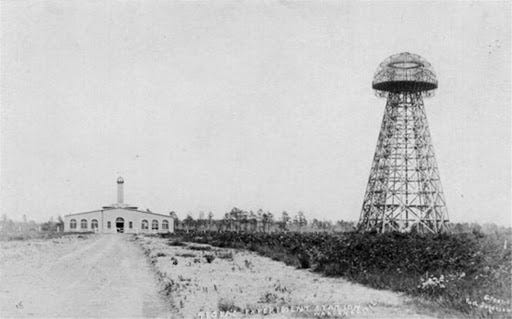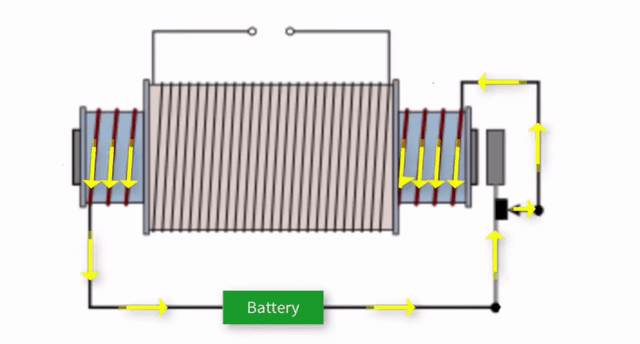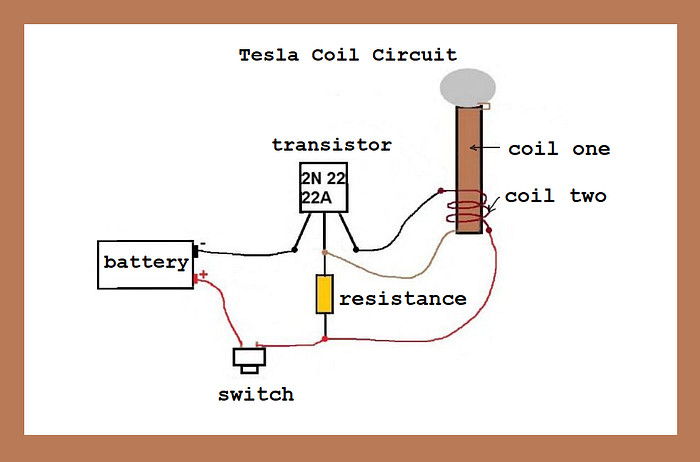|
Réponse |
Message 1 de 287 de ce thème |
|
|
|
|
|
Réponse |
Message 273 de 287 de ce thème |
|
|
|
|
Réponse |
Message 274 de 287 de ce thème |
|
|
|
|
Réponse |
Message 275 de 287 de ce thème |
|

Dicen que San Luis es una zona de avistamiento frecuente de ovnis
El ufólogo Luis Burgos, antes de su exposición en El Volcán, aseguró que en Arizona, en la década del '50, se vio una de las primeras naves nodrizas del país.
Por Flavio Cabeytú
| 25 de octubre de 2018
Ya lleva casi cincuenta años en la investigación del fenómeno de los platos voladores, una atracción que comenzó en su niñez, durante la década del '60. Luis Burgos será uno de los disertantes de la conferencia "Están entre nosotros, los ovnis llegan a San Luis" que se realizará mañana a partir de las 19 en el Complejo "La Agostina", de El Volcán. El investigador tiene 62 años, nació en Ensenada (Buenos Aires), pero vive en La Plata hace más de cuarenta años. En los '70 comenzó a dedicarse a la observación y el estudio de los ovnis, convirtiéndose en uno de los máximos exponentes de este campo que crece a un costado de la ciencia oficial. También integra la agrupación Investigadores de Campo Ovni Unidos (ICOU), que realiza charlas por todo el país, como la que lo traerá mañana a la localidad turística. Además es el presidente de la Fundación Argentina de Ovnilogía (FAO).
De acuerdo al ufólogo, San Luis como todo Cuyo es una zona en donde se originan con frecuencia avistamientos, aunque en el resto del país también se registran casos, que dependen de la densidad poblacional y la geografía. "En Arizona, en marzo de 1950, se vieron unas de las primeras naves nodrizas que se observaron en Argentina. Fue de día, dicen que era como un cigarro muy grande plateado que sobrevoló muy bajo la zona. Lo registraron los medios de la época. Fue uno de los primeros documentos de naves madres, como se las llamaba, eran portadoras de aparatos más pequeños. El caso del dique La Florida hace 40 años, es uno de los más emblemáticos de San Luis y uno de los diez más importantes del país. Fue un contacto no solo a nivel de nave, sino un ser que bajó. La policía abrió una investigación, que avaló lo sucedido", manifestó.
Su fascinación por este fenómeno comenzó el 20 de julio de 1969, cuando el hombre llegó a la luna. El futuro investigador tenía apenas 13 años. "Estaba fascinado con todo lo espacial, lo astronómico y los ovnis. Miraba el alunizaje en el viejo televisor en blanco y negro y quería ver un plato volador detrás de los astronautas. Al día siguiente fui corriendo al colegio y le dije a la directora que quería comenzar a dar conferencias. Empecé a juntar revistas y material sobre el tema. Después formo una agrupación que se llamaba Grupo Estudiantil Investigador de Ovnis (Geidovnis) en Ensenada, en el año '69. Brindábamos charlas en las horas libres", recordó Burgos en una entrevista telefónica con El Diario de la República.
Desde esa época comenzó a investigar los distintos avistamientos ocurridos en el país. Entre 1969 y 1979 habló con ruralistas, cazadores, campesinos o automovilistas, que habían visto un objeto volador en el cielo. "A partir de 1980 tuve la suerte de ver nueve platos voladores. No se dio porque haya algo en especial ni tengamos contactos, sino porque uno va a investigar a lugares donde el fenómeno está apareciendo. Vamos a donde los vieron y hacemos vigilias permanentemente, saliendo a la costa del río, las lagunas y los campos", precisó.
Dijo que la mayor experiencia que vivió fue el 4 de marzo de 1986 en un terreno de una localidad llamada Atalaya sobre el Río de la Plata, en el partido de Magdalena, provincia de Buenos Aires. En un predio cercano, junto a otros investigadores, vio en el cielo durante 45 minutos a dos objetos luminosos que parecía que danzaban en la noche. "Estábamos en un campo en donde aterrizaban siempre. En un determinado momento hizo un acercamiento al grupo. Luego de algunos minutos realizaron un segundo intento y fue cuando algunos del grupo se pusieron nerviosos. Los fotógrafos querían salir corriendo. Pero al final los objetos se alejaron y se perdieron en el cielo. Fue tan grande ese encuentro que nos marcó para siempre a los siete que estuvimos ahí, porque fue algo anómalo, desconocido y que vencía la ley de la gravedad", detalló.
Este avistamiento se hizo conocido en el mundo cuando lo recreo el programa "Contacto Extraterrestre", que se emitió por el canal History Channel. "Lo trasmitían hasta hace poco meses, pero además lo importante fue que en ese campo había 150 huellas de aterrizajes, un récord mundial. No hay un terreno en el mundo que tenga tantas marcas", destacó.
El investigador desconoce cuál es la finalidad de esta "visita" al planeta Tierra. Dice que los ufólogos son pluralistas y cada uno tiene su versión. En su caso se hizo tres preguntas y después de casi cinco décadas aún no las puede contestar. "La primera es de dónde viene el fenómeno. Todo apuntaría que sería extraterrestre, es la hipótesis estrella. Hay otras que dicen que son viajeros del tiempo y del interior de la Tierra. La segunda es cómo hacen para venir, cuál es el método de propulsión que tienen sus naves, que pone en jaque a los astrónomos. Muchos de ellos, como Carl Sagan, uno de los más grandes en esa especialidad, creen que existía la vida extraterrestre, que habitan en otros planetas, pero objetan que puedan venir en platos voladores de metal. Desconocemos cómo se mueven. Por último, cuál es el objetivo que tienen al venir, no sabemos que les interesa. Puede ser el planeta, el ser humano, la biología o la geografía. Estamos ubicados en un confín de la galaxia, cayéndonos de la Vía Láctea, con un sol diminuto y 200 mil millones de estrellas por delante, y ellos tienen tanto interés en nosotros. Esas tres preguntas no las puedo contestar", precisó.
La película "Encuentros cercanos del Tercer Tipo" dirigida por Steven Spielberg y protagonizada por Richard Dreyfuss y Melinda Dillon, estrenada hace 41 años, fue un suceso mundial en donde el tema de los extraterrestres fue llevado a la pantalla grande de manera seria, distinta a las producciones hollywoodenses que se habían realizado en las décadas del '50 y '60, en la que pintaban a los alienígenas como invasores. "Es un filme que juega un poco con la ficción y la realidad. Spielberg fue asesorado por investigadores y vendió para el cine, pero se basó en varios hechos reales que ocurrieron y es muy interesante como mensaje", opinó.
Conferencia y placa
Además de Burgos, que cerrará la charla, los investigadores que disertarán serán Edith Moneda, de Colón, Entre Ríos; Pablo Omasttot, de Corrientes; Marcelo Martinich, de Santa Fe y Marcelo Shaín, de Luján. La conferencia está organizada por la Municipalidad de El Volcán y la entrada es gratuita.
También mañana, pero a las 11 los investigadores se dirigirán al dique La Florida, donde descubrirán una placa en memoria del avistamiento ufológico que sucedió en 1978, que fue trascendental para toda la Argentina, por cómo se dieron los hechos y que fue clasificado como un Encuentro Cercano del Tercer Tipo. "Es para que la gente conozca que pasó en ese lugar hace 4 décadas", dijo la Comuna de la localidad turística.
|
|
|
|
Réponse |
Message 276 de 287 de ce thème |
|
Extraterrestres visitan la tierra de los Rodríguez Saá
Un joven fotografió un ovni sobre la ciudad sanluiseña de Villa Mercedes. Ahora se investiga si el objeto volador tiene relación con unas marcas circulares que aparecieron en un campo cercano
17 Oct, 2017 02:34 a.m. AR
:quality(85)/arc-anglerfish-arc2-prod-infobae.s3.amazonaws.com/public/XI2PDVKK3JBS7IB3PCJYGWXTUI%20420w) 162 (NA)
Un adolescente fotografió un extraño objeto esférico que se desplazaba por el cielo de la ciudad sanluiseña de Villa Mercedes, y ahora se investiga a qué obedeció esa presencia.
El extraño avistamiento habría sido compartido por varios vecinos de la turística localidad serrana, según se informó hoy.
Además, se investiga la relación que podría tener ese avistamiento con el testimonio que brindó el dueño de un campo, quien dijo que había descubierto una marca circular sobre el suelo, con rastros de haber sido quemada.
El hecho, que fue difundido hoy por "El Diario de la República", de esta ciudad, se produjo el sábado pasado, alrededor de las 19:30, cuando el menor, cuya identidad fue preservada por su familia, se entretenía tomando fotos de las nubes desde el patio de su casa, en el barrio 9 de Julio.
En ese momento, el muchacho pudo observar un "extraño objeto" que se desplazaba lentamente por el cielo y lo puso como objetivo, logrando una foto del mismo.
Tras haber sido fotografiado, el objeto, que fue descripto como "similar a una pelota", siguió su desplazamiento hasta perderse en el firmamento.
A la hora en la que el adolescente captó la imagen, no se registraban vuelos de aviones u otros objetos, de acuerdo con la información suministrada por el observatorio del Servicio Meteorológico local, emplazado en la zona de Villa Reynolds.
La fotografía, una vez ampliada, permite divisar una esfera irregular de color claro, ligeramente alargada en su base de la que a su vez penden dos prominencias.
En un primer momento, el incidente había quedado como una anécdota familiar, pero la difusión del extraño relato del propietario de un campo cercano por parte de una radio local, motivó al padre del joven a hacer pública la imagen.
De acuerdo con lo señalado por el hacendado, en la propiedad rural situada al sur de la ciudad descubrió, durante una recorrida, una marca circular sobre el suelo, con rastros de haber sido quemada.
Por ese motivo, ahora se investiga la relación entre el objeto avistado y ese episodio narrado por el propietario del campo.
|
|
|
|
Réponse |
Message 277 de 287 de ce thème |
|
|
|
|
Réponse |
Message 278 de 287 de ce thème |
|
Hi guys, I was wondering for a log time, how to create some engine that works in space, without loosing any fuel/material in jet. It there would be a method to use only electric power to generate thrust, that do not violate momentum conservation rule... I know that there is EMdrive idea, but I do not want to discuss it here, since it is not confirmed jet. I invented my own idea and I claim, that it does not break momentum conservation rule. In simplest words the idea is to use cyclotron and send it to the space :-) Cyclotron will give us circulating plasma consisted of negatively charged particles, accelerated to very high velocities and rotating on the circulated path. Of course in space when we accelerate plasma, cyclotron will also gather some rotational move in opposite direction than plasma. Here is the view from the top  When we already have plasma circulating with very high speed, then in some places (called Thrust Generators) we activate magnetic field in the plane of the cyclotron, but perpendicular to the plasma's move. Magnetic field makes plasma's path curved up to the cover. Then plasma hits up cover and bounce back following curved path. Here is the picture how it would look like  And now, the point. 1. Magnetic field does not make work over plasma. It curves plasma's path without any centrifugal acceleration or force going down, that would give momentum down to the cyclotron. 2. But when plasma hits the cover of the Thrust Generator it transfers its momentum and bounce back to the cyclotron. So the thrust is only in up direction. What do you think about such engine, transformating rotational kinetic energy into thrust? P.S. May be this is the reason, why UFO observers almost always describe UFO as rotating plate?...
..breakthrough is not just next ordinary step...
https://forum.cosmoquest.org/forum/the-proving-grounds/against-the-mainstream/134160-ufo-engine-idea-flying-cyclotron |
|
|
|
Réponse |
Message 279 de 287 de ce thème |
|
|
|
|
Réponse |
Message 280 de 287 de ce thème |
|
|
|
|
Réponse |
Message 281 de 287 de ce thème |
|
|
|
|
Réponse |
Message 282 de 287 de ce thème |
|
Viktor Schauberger: The Man Who Invented Flying Discs For The Nazis
- ENGLISH NEWS
- TECHNOLOGY GAME SCIENCE
VN EN
Some historical figures leave behind little real information, but many secrets and mysteries.
 Ảnh minh họa
One such person was a scientist, thinker, philosopher, and inventor, and the author of innovative technological ideas. He was hired to work for the Third Reich and allegedly built for the Nazis a flying machine that looked like a disc-shaped UFO for the Nazis.
And then this man suddenly disappeared from history as quickly and mysteriously as he appeared. It is officially believed that he died a natural death, but there are many theories that he was either deliberately killed or his death was faked, but in fact was kidnapped for his own purposes.
The Mysterious Disappearance Of Viktor Schauberger
A man named Viktor Schauberger was born in Austria in 1885 and initially had an experience that had nothing to do with his future fame as the inventor of Hitler’s UFOs. He grew up in a hereditary family of foresters living in a vast area of remote wilderness in Holzschlag, Upper Austria, and spent most of his youth and middle years tending more than 10,000 hectares of land.

During this time, constantly being in nature, he began to make many observations that profoundly changed his life and outlook. In particular, he was absolutely fascinated by water, which he regarded as an independent living organism, calling it the “Blood of the Earth” and the source of all living things.
He especially focused on such properties of water as its spiral forms, eddies, fast currents, eddies, and easy harmony with the surrounding world.
He obsessively studied the movements and effects of water, continuing to form many theories, and then he began to craft completely innovative types of spiral-cut water gutters, the design of which was based on his own hydrodynamic system.
According to this system, an inward-moving and swirling water vortex could be used for power and thrust, which was the beginning of his revolutionary new idea for a new type of engine that relied on implosion (an explosion directed inward) rather than conventional explosions.
Viktor Schauberger was completely self-taught, he never took any university courses, but he soon gained international recognition thanks to some of his ideas, patents, and inventions, and controversy. He was critical of the many inventions available in his era, believing that they work against the laws of nature and are destructive.
Instead, he embraced the idea that humanity and nature can live together using alternative energy sources, such as using natural processes and live in harmony with them. His motto was “Kapieren und kopieren” (To comprehend and copy nature). Schauberger believed that many inventions of mankind were contrary to nature, and later he stated that even the propeller was an imperfect invention:
“As nature best demonstrated in the case of the winged maple seed, today’s propeller is a pressure rotor, and therefore a brake rotor, whose purpose is to allow the heavy maple seed to slowly fall to the ground like a parachute and move away from the wind.
No bird has such a rotating object on its head, nor a fish on its tail. This brake rotor was only used by a person for forward propulsion. As the propeller spins, drag increases in proportion to the square of the rotation speed. It is also a sign that this supposed propulsion device is not built naturally and is therefore out of place. “
Schauberger sought to bring his ideas to life by coming up with a detailed theory according to which water vortices can build on each other to create more and more forces, which, in turn, will create a force opposite to gravity. In essence, Schauberger was explaining how to create anti-gravity, which he called diamagnetism.
He used these theories to create fantastic inventions such as a water blast turbine that sucked in air in a spiral, reaching enormous forces. He also invented the machine that created a typhoon-like suction force to control the temperature in a room, and a power generator. These machines created energy from water and air using spiral pipes and nozzles.
All of this worked on the principles of clean energy and working with nature, apparently with little or no pollution and being completely sustainable.
It might seem odd that such a radical promoter of green energy and work with nature caught the attention of the Nazis, who were not particularly concerned with preserving the environment. But he really piqued their interest, and in 1934 the Nazis approached him with a tempting offer to work for them for a good salary. Schauberger agreed.
Furthermore. In 1938, Nazi Party member Julius Streicher allegedly personally ordered him to build an aircraft that could use a vortex engine. This device had to have the shape of a disk and move completely differently from all modern aircraft while hovering in the air in one place (levitation), performing precise maneuvers, and accelerating at high speeds.

Basically, they wanted Schauberger to build a futuristic anti-gravity ship using his own natural theories, and since they were the Nazis, he had no choice but to agree once again, receiving an exorbitant amount of money.
In 1940, Schauberger created the first prototype of his artificial UFO, called Repulsin A, which used friction between vortices and the surrounding air to force the air downward, creating an overall lifting and propelling effect, more or less producing a kind of mini-tornado, on the energy of which this ship moved.
However, it was found that the vortex motor was unstable, and the fan inside the device could not spin as fast as required because the blades were pushing out too much air. At the time, no way was found to circumvent the problem of generating more intense rotational energy, and the device was deemed too impractical.

Indeed, during the testing of the ship, although it could indeed levitate, it was almost impossible to control or move forward, usually quickly spinning out of control or even flying through the roof of the test hangar.
According to rumors, the Nazis were furious at Schauberger’s inability to solve these problems, which caused the inventor to be temporarily imprisoned. But then he came under the personal attention of Heinrich Himmler, who drew Schauberger to work on another miracle of technology – a new type of silent mini-submarine, and then ordered to continue work on a new version of the anti-gravity device called Vril-7.
It is not known how far Schauberger went with the Vril-7, as the end of World War II halted all secret Nazi research (at least official), with most of his work, prototypes, and plans destroyed so that they would not fall into the hands of the Allies.

The Americans, knowing how important Schauberger was to the Germans, arrested him and took him to the United States, intensively interrogating him, but were never able to get much information from him. However, they were able to use all the information they received to the maximum. The fundamental principles that Schauberger used were later applied to several projects, including the Avro Canada VZ-9 Avrocar, which was a vertical takeoff and landing aircraft developed during the Cold War era, and others.
Schauberger, while in the United States, tried for several more years on various civilian vortex technology projects such as generators, water purification systems and air purification devices, before eventually returning to Austria on September 25, 1958, almost penniless.
He died quite suddenly, just five days after his return to his homeland, taking all his secrets with him to the grave.
Since then, various conspiracy theories have regularly emerged about Schauberger, including that his research went much further than anticipated, and that many of the UFOs that were seen during the Second World War were in fact Schauberger’s experimental devices.
But all these are just hypotheses and unverified rumors, for sure no one knows anything. He remains in many ways a ghost person, the true scope of his work is unknown, and his research is enigmatic.
https://www.xaluannews.com/modules.php?name=News&file=article&sid=3296405 |
|
|
|
Réponse |
Message 283 de 287 de ce thème |
|
|
|
|
Réponse |
Message 284 de 287 de ce thème |
|
|
|
|
Réponse |
Message 285 de 287 de ce thème |
|
|
|
|
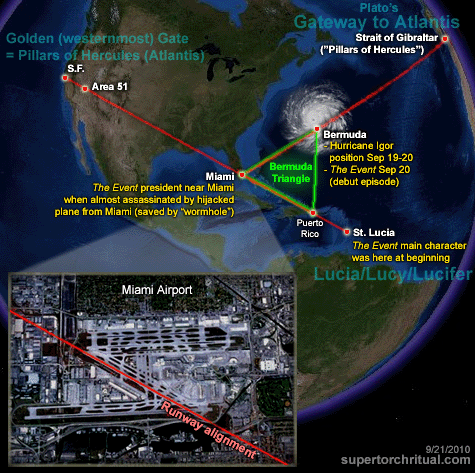
'Pillars of Hercules':
Quintessential geographical marker for Atlantis
per Plato's writings (said Atlantis lay beyond this gate)
https://www.goroadachi.com/etemenanki/updates-oct10.htm |
|
|
|
|
|
|
Réponse |
Message 286 de 287 de ce thème |
|
|
|
|
Réponse |
Message 287 de 287 de ce thème |
|
The Tesla Coil Through Time
How it came to be and why.
Nikola Tesla was a unicorn person before “unicorn person” became a term.
He was a Serbian inventor who came up with the idea of wireless energy transfer among things like alternating current, induction motors and many others.
I would say that he built out his idea of global wireless energy transfer in three phases. The very first was the Tesla Coil, which I made a video about. You can check it out below.
The second phase of his scaling plan was when he built the Magnifying Transmitter. He built this at his laboratory in Colorado Springs.
This was essentially a larger version of the Tesla Coil. Using it as an analogy, the first tower represents the primary coil, and the second tower represents the secondary coil.
Finally, the third phase of his scaling was to take it global. He planned and built out the Wardenclyffe Tower in New York.
However, this version failed and was eventually taken down in 1917, but we’re getting ahead of ourselves. Let’s take a look at what needed to happen before Tesla came up with his very first demonstration; the Tesla Coil.
Historical Beginnings
To explain Tesla’s journey towards global wireless energy transfer, there are a few key points in history and inventions that we need to go over first.
The first key invention is that of the battery in the 1780s. Two physicists, Galvani and Volta, conducted an experiment. I talk about the entire process in my article about the physics behind wireless energy transfer. I’ve linked it below.
Following the battery, a Danish physicist named Hans Christian Ørsted learned that a moving electric current creates a magnetic field. His discovery was the first to find the link between electricity and magnetism. He demonstrated this in a lecture in 1820.
Perhaps the most important invention hereafter for the Tesla Coil is the electromagnet. In 1826, William Sturgeon, an English physicist, discovered that electric current running through a wire coiled around an iron bar caused the iron bar to behave like a magnet.
He fittingly named this the electromagnet.
A few years later in 1831, a man named Michael Faraday wondered if he could make electricity with magnets. So, he used electromagnets. Faraday is most well known for discovering electromagnetic induction.
He used two separate coils wrapped around one iron ring and noticed that when he attached/disconnected a battery to the first wire, the second wire would get a jolt of electricity. He called this inducing a current.
This phenomenon is explained using Faraday’s Law of Induction, which states that:
a changing magnetic field will induce an electromotive force (EMF) in a loop of wire, where EMF is what causes electrons to move and form a current
At this point, all of the components necessary to conceive of the Tesla Coil had been invented, but the background doesn’t end here.
What Was Innovated?
Following Faraday’s discovery of induction, Nicholas Callan, an Irish priest, wanted to improve Faraday’s device.
He decided to wind both the primary and secondary coils around the same iron bar while keeping them electrically separate. Doing this allowed him to feel electrical jolts from wire that had not been directly connected to a battery!
He also found that if the primary wire, the one connected to the battery, was thick and that the secondary wire was thin and had been coiled more, the jolt produced was more powerful.
If the secondary coil has fewer loops than the primary coil, the result is more current and less voltage. However, Callan’s made a secondary coil with more loops than the primary coil, so the result was more voltage and less current.
Callan’s device was named the Step-Up Transformer. When he connected the battery to a coil, it became an electromagnet with a magnetic field. When he disconnected the battery, it lost its magnetic field.
Using Faraday’s Law, every time Callan connected or disconnected, he created a new current in the second coil of wire. He also used a wheel to mechanically connect and disconnect the battery, acting as a kind of “repeater.”
Though this version was later improved by William Sturgeon, Callan’s device was used for electroshock therapy for many years.
The biggest advancement thereafter was using the coil itself to disconnect and connect to the battery instead of using the wheel. How did this work?
Well, the current running through the primary coil caused it to behave like a bar magnet. The wire carrying the current was then connected to a switch so that it could pull on it and activate a spring in the circuit.
The movement of the spring would turn off the current. However, once the connection was removed, the primary coil would no longer be magnetic. This causes the spring to disconnect, and the switch to turn back on.
An Electrical Interrupter
This process of the switch turning on and off would click about 20 to 40 times per second and was named an electrical interrupter.
There was still room for innovation.
The electrical interrupter would sometimes spark. So, in 1853 a man named Armand Fizau created the Leyden Jar to absorb the spark. It was the first version of a capacitor.
This is something made of two large conducting materials separated by insulating material.
By adding the capacitor and getting rid of the spark, Fizau created a new device — one that took DC from a battery and made bursts of AC in the 1850s.
Though not necessary to understanding the Tesla Coil, I’ll mention too that in 1886, Heinrich Hertz added an antenna to the induction coil and created the first man-made radio wave.
This is where Tesla comes in.
Tesla’s Take
Having heard of the radio waves created by Hertz, Tesla visited the World Fair in Paris, 1889. He began tinkering with the induction coil. Among other things, he removed the interrupter and DC battery and replaced it with an AC generator.
This makes sense — why use a battery and mechanical switch to turn the current on and off when a generator that automatically switches the current’s direction could be used instead?
Though this first adaptation didn’t actually work out at the end (due to overheating and melting of wire insulation) it did lead to Tesla’s use of a spark or air gap.
With a few other tweaks, we finally arrive at the original version of the Tesla Coil which looked something like this:
The Original Tesla Coil Circuit Uses Capacitors and Spark Gaps
The modern version, which is what I recreated in my video, is slightly simpler. It no longer uses capacitors or spark gaps and looks like this:
Modern Version of the Tesla Coil Circuit
P.S. for an explanation of how electromagnetic induction works in the modern circuitry, watch my video linked near the beginning of this article.
Nikola Tesla wirelessly lit up a bulb in the year 1891 using his coil, but as I said earlier, his dream was to send wireless power over large distances by using the earth.
After the Tesla Coil worked, he built the larger version that I mentioned earlier called the Magnifying transmitter. It was able to light up three incandescent bulbs at 100ft or 30metres away.
Following his second success, he built the Wardenclyffe Tower in Long Island in 1901. He wanted to use the tower to harness the energy that he thought was inside Earth, in the hopes of turning our planet into a gigantic dynamo.
The tower would take energy from a coal-power generator and send it deep into the ground with a metal rod. He thought that the Earth’s crust would transport the energy.
The tower, however, was considered a failure, was taken down in 1917 and never finished. There are many speculations as to why it didn’t work, some more sound than others, of course.
The article I’ve linked below does a great job of explaining some of the flaws of the tower and how Tesla tried to address
There’s a lot left for us to develop when it comes to modern-day wireless energy transfer. We’ve only scratched the service, even with other methods like radio wave transmission and inductive coupling. To read more about how wireless energy transfer looks now, read this article I wrote.
TLDR;
- Previous inventions including the battery, electromagnet, induction theory and capacitors were all necessary precursors to the Tesla Coil
- Tesla’s ideation of the coil is based on the principles of electromagnetic induction — a form of wireless energy transfer that we continue to build on now with things like wireless phone charging plates etc.
- He tried to scale the coil by building the Magnifying Transmitter then the Wardenclyffe Tower
If you enjoyed this article, be sure to give it a few ????s and follow me on Medium!
https://ruhani-walia.medium.com/the-tesla-coil-through-time-611067b97019 |
|
|
 Premier Premier
 Précédent
273 a 287 de 287
Suivant Précédent
273 a 287 de 287
Suivant
 Dernier
Dernier

|




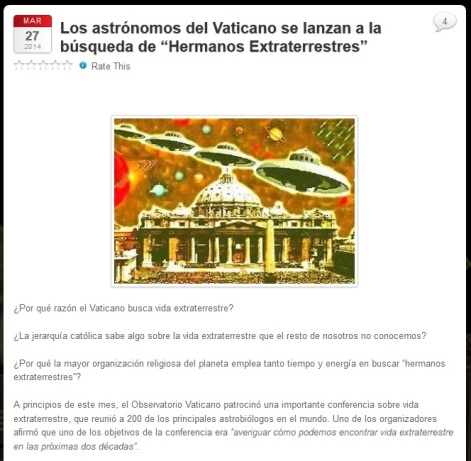


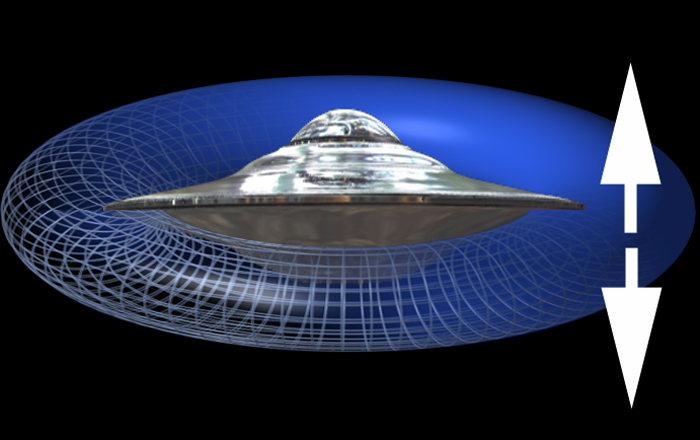





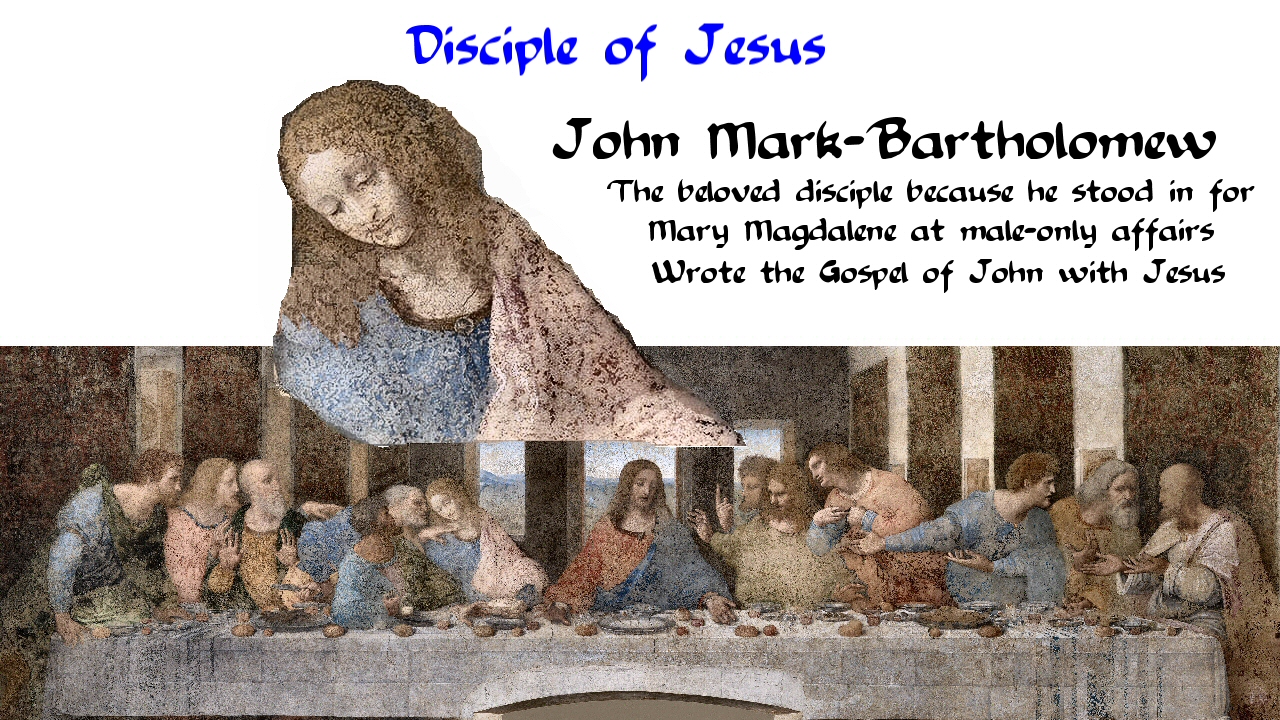


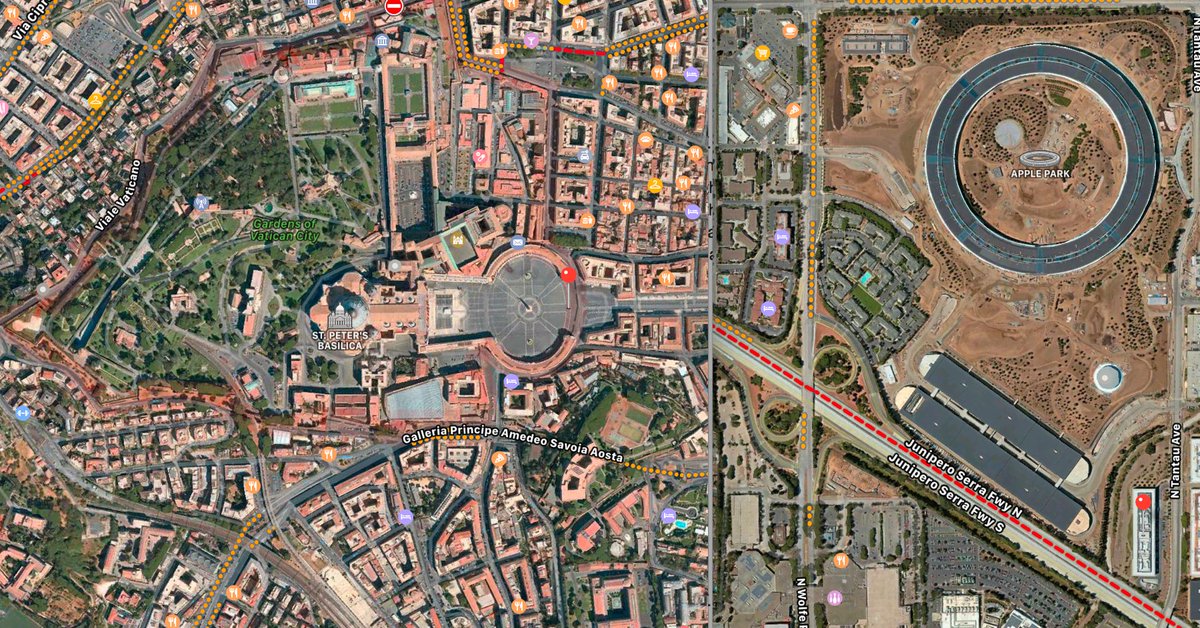




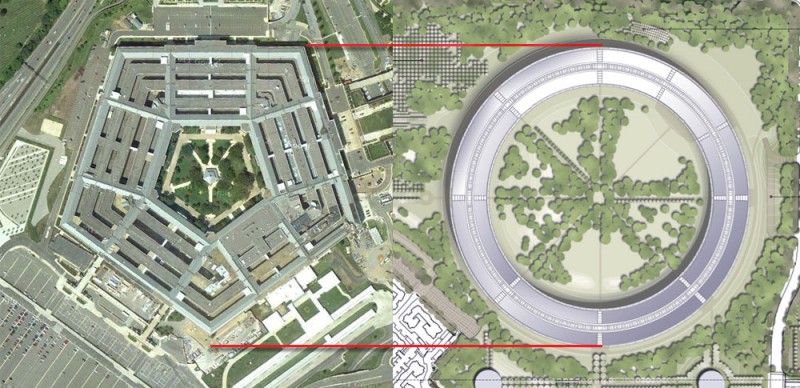
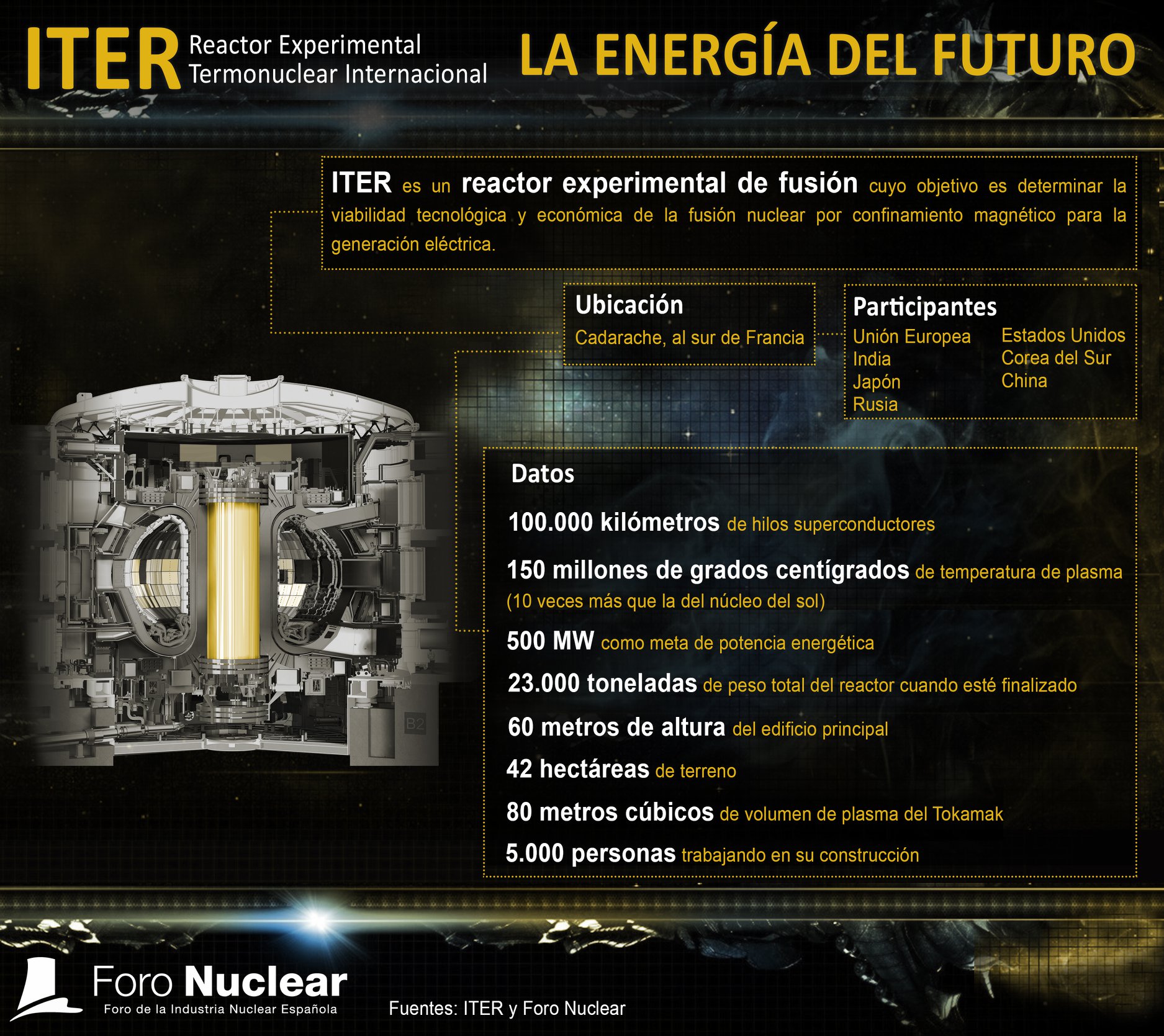



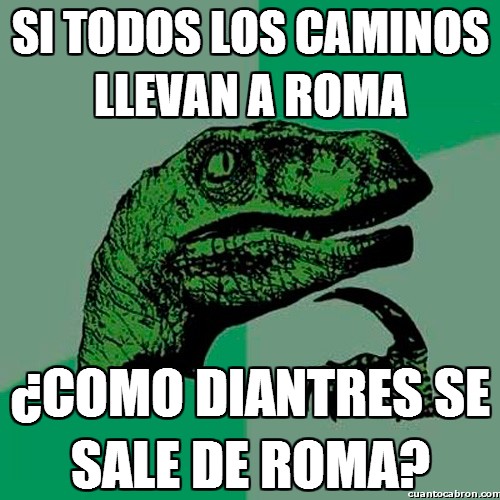


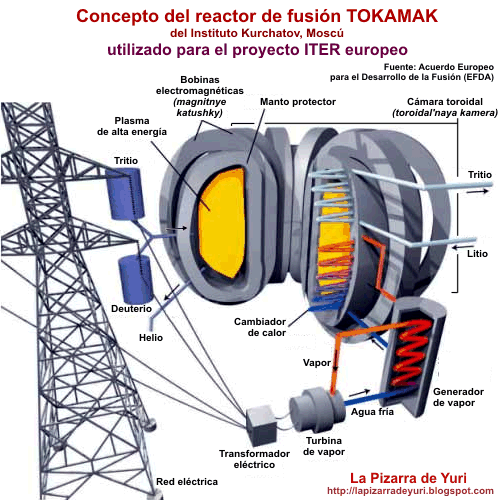
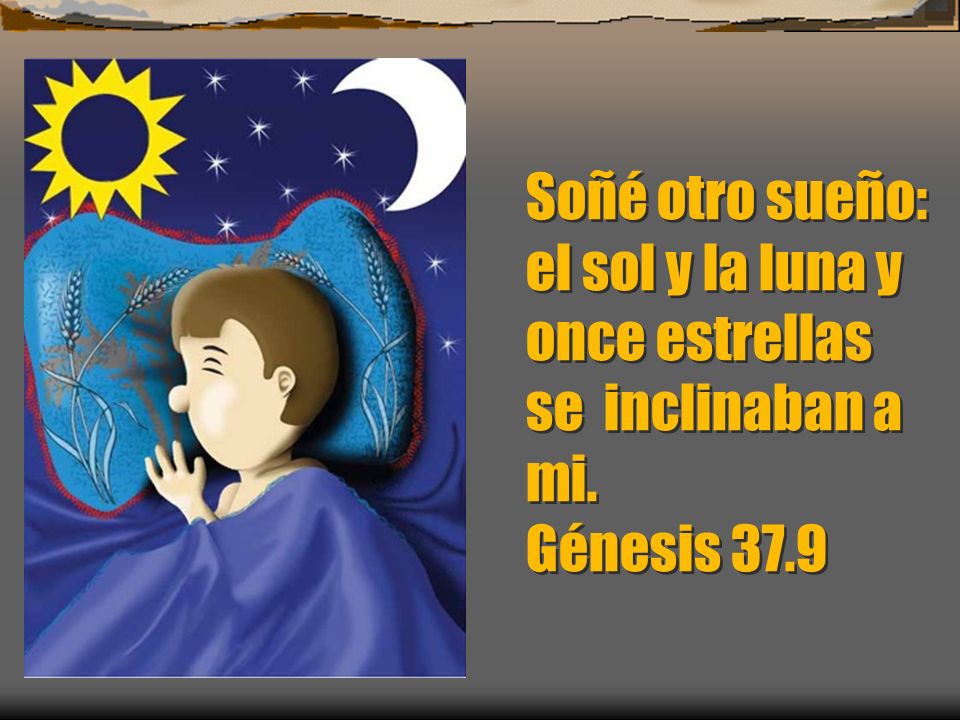
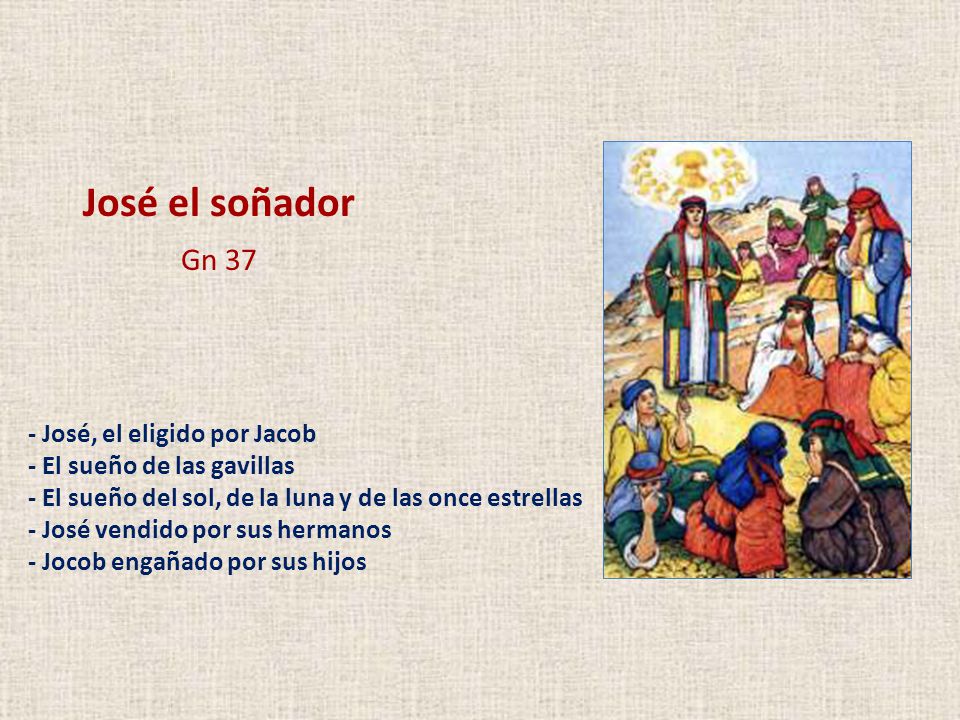

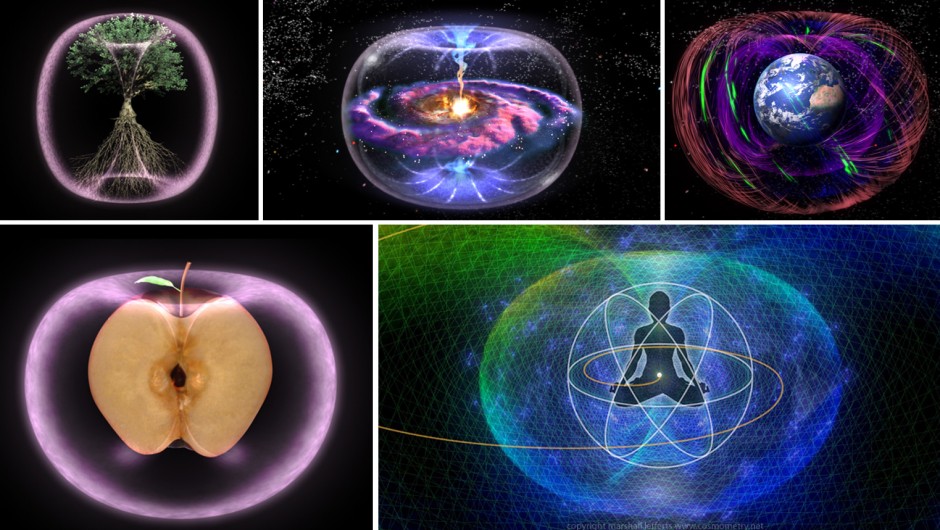


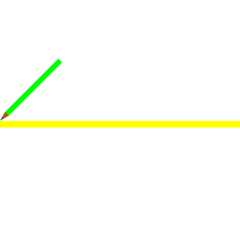



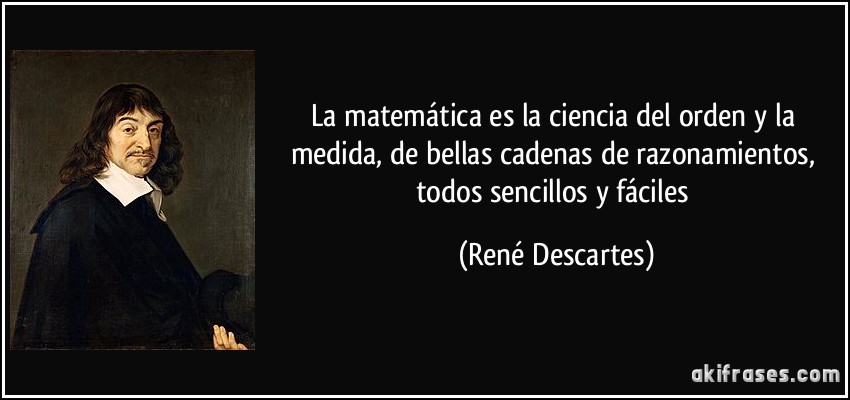





:quality(85)/arc-anglerfish-arc2-prod-infobae.s3.amazonaws.com/public/XI2PDVKK3JBS7IB3PCJYGWXTUI%20420w) 162
162
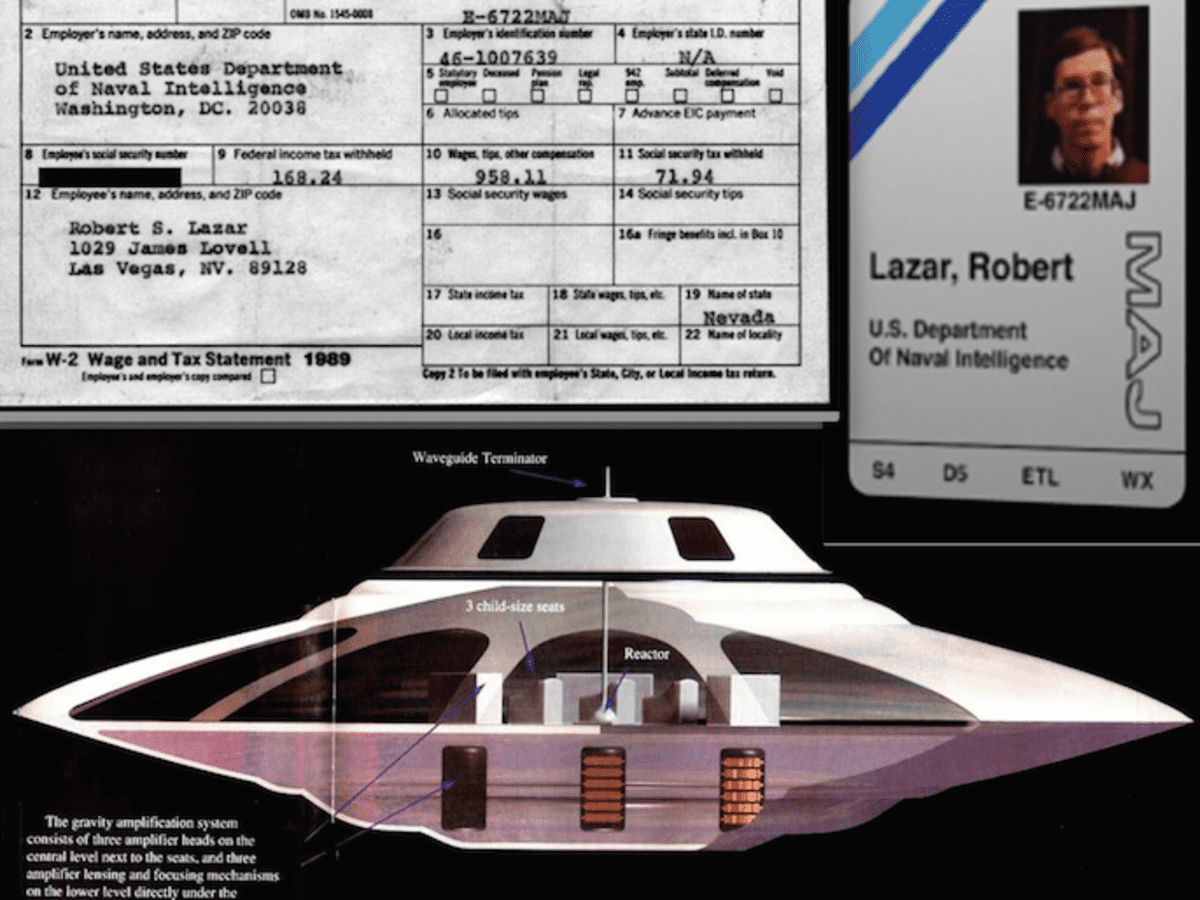
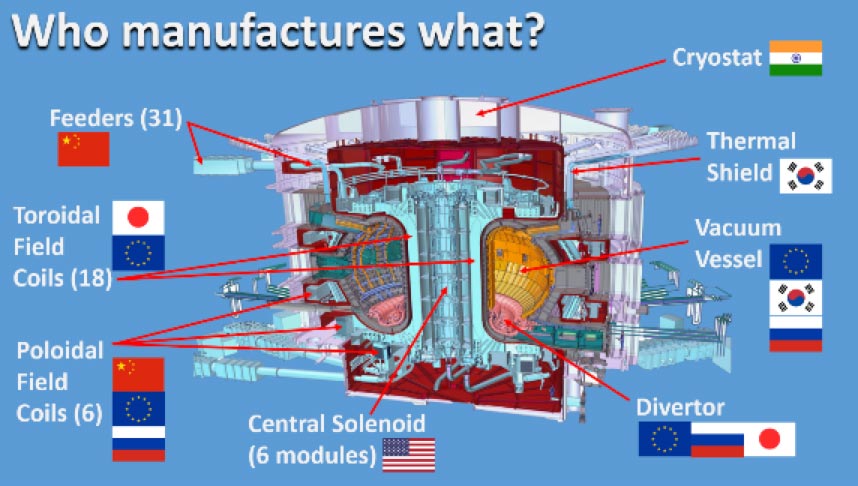

 Ảnh minh họa
Ảnh minh họa













